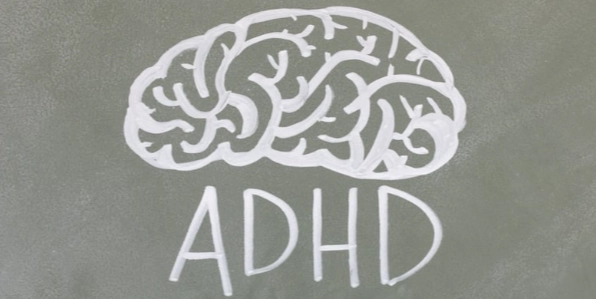Getting Help Navigating Your Health with ADHD

Managing and optimizing your health can be challenging with any condition, and ADHD is no different. Living with ADHD brings its own hurdles in many areas of life, including emotional, social, academic, and professional. Fortunately, you do not have to navigate ADHD alone. An Independent Patient Advocate can help you understand and better manage your condition.
How Common is ADHD?
Attention Deficit Hyperactivity Disorder, abbreviated ADHD, is a widely known diagnosis. In the United States alone, about 6.5 million children are currently diagnosed with ADHD. What is less commonly known is that many adults also suffer from ADHD. In 2024, approximately 15.5 million adults were diagnosed with ADHD in the United States.
Understanding ADHD
There are different types of ADHD. Three main types include:
- predominantly inattentive presentation, which involves trouble with focusing and forgetfulness;
- predominantly hyperactive-impulsive presentation, which involves hyperactivity and impulsivity, but fewer issues with attention;
- combined presentation, a mix of both inattentive and hyperactive-impulsive presentation.
Common symptoms of ADHD. You may have some or all of these:
- Difficulty focusing: This involves trouble starting or finishing tasks. Often easily being distracted by sound, your thoughts, or your surroundings. In addition, frequently losing things or forgetting details.
- Issues with managing time: Some examples are consistently arriving late to things, procrastinating, and doing things last minute.
- Being impulsive: Impulsivity is often displayed as speaking or acting without thinking, interrupting conversations and making hasty decisions.
- Emotional issues: Mood swings, difficulty calming down, or being easily frustrated are examples of this.
- Low self-esteem: Sometimes, ADHD comes with the feeling of not being good enough. Often this includes overly worrying and internalizing criticism.
- Difficulty with relationships: ADHD patients often struggle with communication and conflict resolution.
- Struggles with academics and in the workplace: Difficulties with staying on task and being disorganized are some examples of this.
Obtaining an Adequate Diagnosis
There are many resources available as a child to assist in identifying and diagnosing ADHD. Teachers and healthcare professionals often look for signs that children may need a referral for an ADHD evaluation. But what about as an adult? What happens if you were not diagnosed as a child, and now as an adult, you feel you may have ADHD?
Dealing with ADHD (especially undiagnosed ADHD) as an adult can be extremely challenging. It may interfere with your ability to adequately work, build, and maintain relationships. While resources are not as known, they are available.
There are several steps involved in diagnosing ADHD, including finding a qualified professional who is experienced with diagnosing ADHD. This can include your primary care provider, licensed therapist, or psychiatrist. Many of these professionals may have more experience in dealing with children with ADHD. Therefore, it is important to find one that has experience in managing adults with ADHD. The diagnosis involves undergoing a detailed clinical evaluation. Neuropsychological testing is also sometimes used. This is often where patients give up — in the search for a provider willing to listen, who is in their insurance plan. An Independent Paitent Advocate who is well versed in ADHD can really help guide the search for the right provider.
Optimizing Your Management
Once a diagnosis is made, now you have to figure out how to best manage it and make changes in your lifestyle to improve your quality of life. This entails various potential options including medications. Medications involve a class of medications called stimulants. Non-stimulant medications are also sometimes used. Cognitive behavioral therapy is coaching or skills training is another option to help assist with time management and organization. ADHD management also involves lifestyle adjustments with sleep, exercise, and mindfulness.
Working with an Independent Patient Advocate
An independent patient advocate can help you put the pieces together and walk with you to navigate your condition from start to finish and ongoing. Whether you have a diagnosis and your ADHD is not managed the way you want it, or you are seeking a proper diagnosis (ADHD or not), we can help you. Your situation, condition, and life are unique and so are we. We will personalize our approach specifically to what you need. Whether you or your child needs help with ADHD, we are here to advocate for you.
Dr. Elena Borrelli is the founder of Pathway Patient Advocates, LLC.
